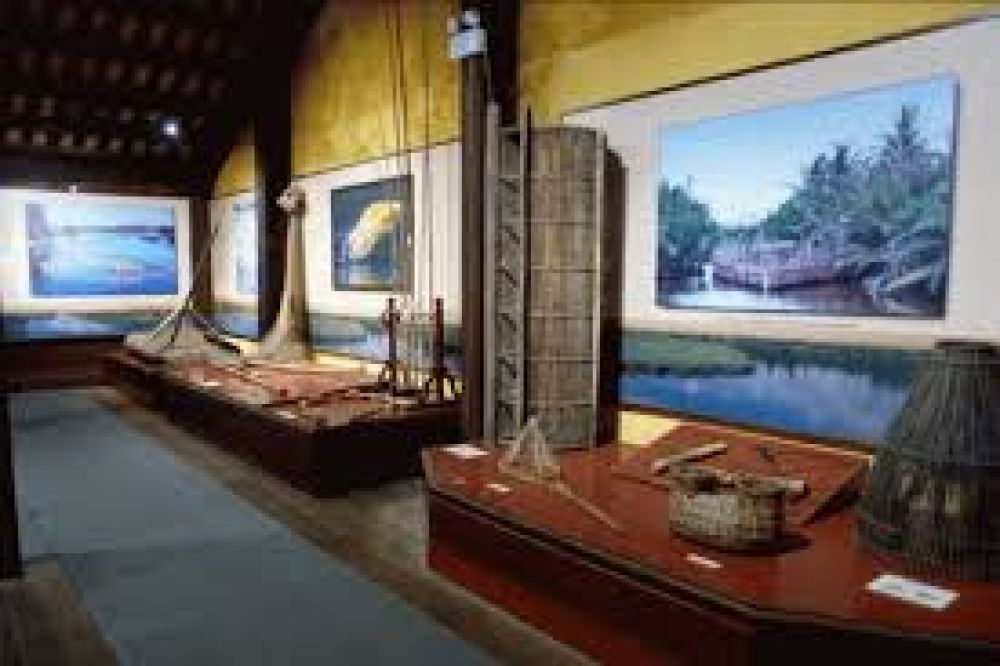

The charming town of Hoi An, with its well-preserved Ancient Town, has a rich history as a bustling trading port dating back from the 15th to the 19th century. Initially, the tourism industry in Hoi An was not as prominent as it is today. It wasn’t until the early 1990s, after being recognized as a UNESCO World Heritage Site in 1999, that Hoi An started to gain significant attention from international travelers. This accolade helped Hoi An become one of Vietnam's most popular destinations, with the Museum of Trade Ceramics serving as a testament to its historical trade significance.
The Museum of Trade Ceramics is situated in a restored traditional Vietnamese building in the heart of Hoi An’s Ancient Town. Established in 1995, the museum showcases a collection of ceramic artifacts that trace the history of Hoi An's trade relations with other countries in Asia and the Middle East. The ceramics displayed, some dating back to the 8th century, are a testament to the town’s history as a major Southeast Asian trading hub.
Visitors to the museum can explore various rooms each dedicated to different eras and types of ceramics. The exhibits include items mostly from shipwrecks found in the area, highlighting the importance of marine trade routes. These priceless objects provide insight into the sophisticated craftsmanship and international trade networks of the period. Information boards in English and Vietnamese offer context and help tourists understand the significance of the ceramics on display.
The Museum of Trade Ceramics is open to the public and remains a must-visit for those interested in history, trade, and culture. By presenting detailed accounts of the trade relationships between Hoi An and the rest of the world, the museum offers a fascinating exploration for historians, tourists, and ceramic enthusiasts alike.
In recent years, responsible and sustainable tourism practices have become increasingly important in Hoi An. There has also been a focus on offering authentic and immersive experiences to visitors, such as cooking classes, craft workshops, and the opportunity to participate in traditional festivals. Moreover, social media trends have prompted the growth of photogenic spots around the town, making it a highly Instagrammable destination. Food tourism has also gained popularity, with visitors seeking to savor local delicacies like Cao Lau and Banh Mi.